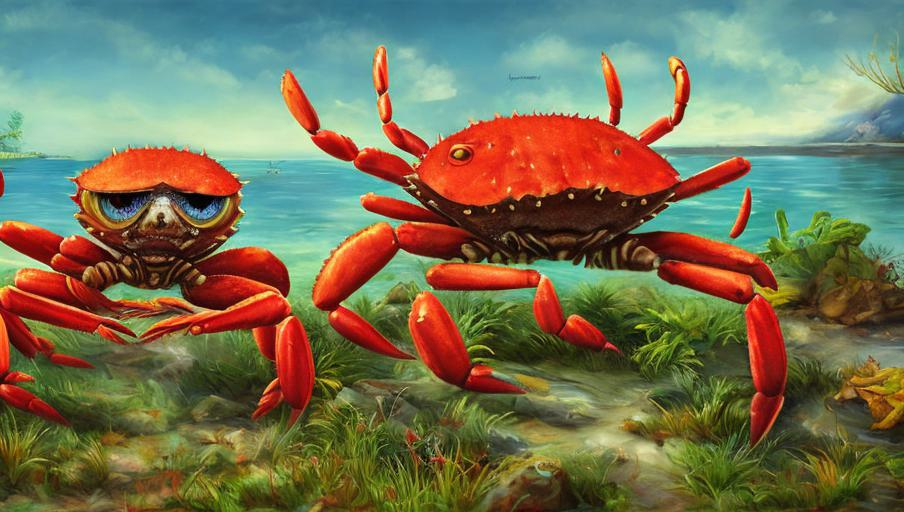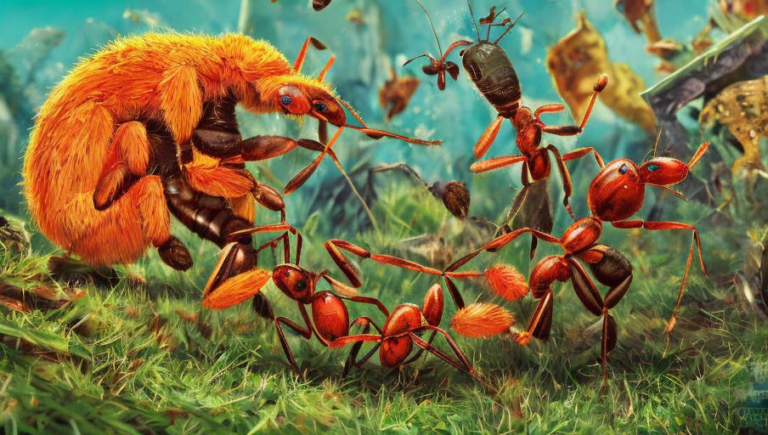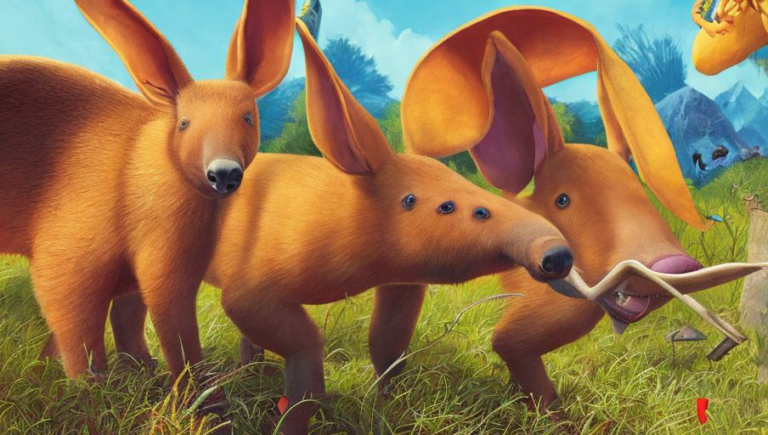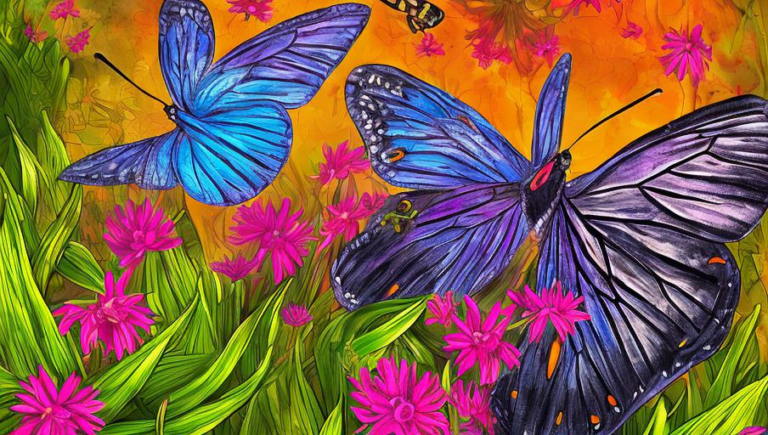Juggling the Negative Impact of Crab Hunting

Introduction
Crab hunting has become a popular recreational activity in many parts of the world, including the United States. It is a great way to spend time outdoors and can be a fun, educational experience for all involved. However, there are potential impacts on the environment and the crab species that can be caused by too much hunting. It’s important to understand the effects of crab hunting so that regulations can be put in place to protect the species and the environment.
Impacts of Crab Hunting
The most obvious and immediate impact of crab hunting is the direct removal of the crabs from their habitat. This can disrupt the local food chain and lead to a decrease in the overall population of the crab species. Additionally, it can lead to the overharvesting of a particular species, leading to a decrease in the biodiversity of the area.
The use of fishing gear can also have a negative impact on the environment. Crab traps, for example, can cause a lot of damage to the ocean floor. They can also become lost or abandoned, leading to further damage. In addition, the use of bait can lead to contamination of the water, as well as the introduction of invasive species.
Regulations
The best way to protect the environment and the crab species is to put regulations in place to limit the amount of hunting that can take place. The most common regulation is a bag limit, which is the maximum number of crabs that can be taken from a single location. Another common regulation is a size limit, which is the minimum size of crab that can be taken. Additionally, some areas have closed seasons, where crab hunting is not allowed during certain times of the year.
Conservation and Education
In order to protect the crab species, it is important to not only put regulations in place, but to also promote conservation and education. This can include teaching people about the importance of protecting the environment, as well as the species of crab. Additionally, it can include raising awareness of the potential impacts of overhunting, as well as encouraging responsible hunting practices.
Conclusion
Crab hunting can be a great recreational activity, but it is important to understand the potential impacts that it can have on the environment and the crab species. Regulations are in place to protect the species and the environment, and it is important to follow them. Additionally, it is important to promote conservation and education, so that people understand the importance of protecting the environment and the crab species.





